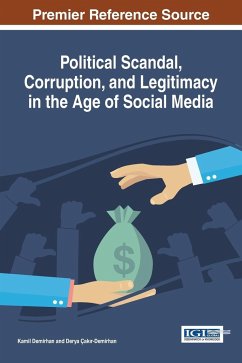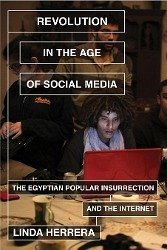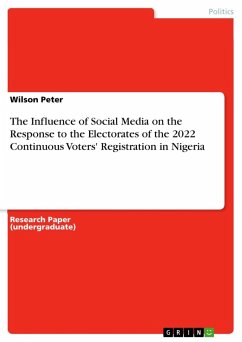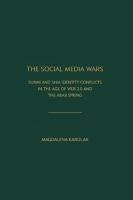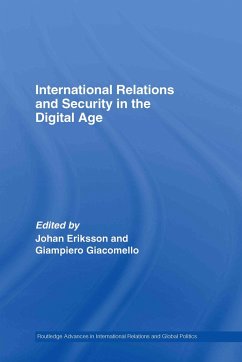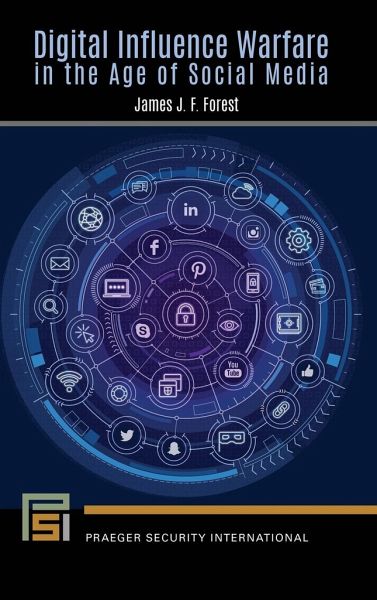
Digital Influence Warfare in the Age of Social Media
Versandkostenfrei!
Versandfertig in 1-2 Wochen
79,99 €
inkl. MwSt.
Weitere Ausgaben:

PAYBACK Punkte
40 °P sammeln!
This timely book spotlights how various entities are using the Internet to shape people's perceptions and decision-making. It also describes detailed case studies as well as the tools and methods used to identify automated, fake accounts. This book brings together three important dimensions of our everyday lives. First is digital-the online ecosystem of information providers and tools, from websites, blogs, discussion forums, and targeted email campaigns to social media, video streaming, and virtual reality. Second, influence-the most effective ways people can be persuaded, in order to shape t...
This timely book spotlights how various entities are using the Internet to shape people's perceptions and decision-making. It also describes detailed case studies as well as the tools and methods used to identify automated, fake accounts. This book brings together three important dimensions of our everyday lives. First is digital-the online ecosystem of information providers and tools, from websites, blogs, discussion forums, and targeted email campaigns to social media, video streaming, and virtual reality. Second, influence-the most effective ways people can be persuaded, in order to shape their beliefs in ways that lead them to embrace one set of beliefs and reject others. And finally, warfare-wars won by the information and disinformation providers who are able to influence behavior in ways they find beneficial to their political, social, and other goals. The book provides a wide range of specific examples that illustrate the ways people are being targeted by digital influencers. There is much more to digital influence warfare than terrorist propaganda, "fake news," or Russian efforts to manipulate elections: chapters examine post-truth narratives, fabricated "alternate facts," and brainwashing and disinformation within the context of various political, scientific, security, and societal debates. The final chapters examine how new technical tools, critical thinking, and resilience can help thwart digital influence warfare efforts.




